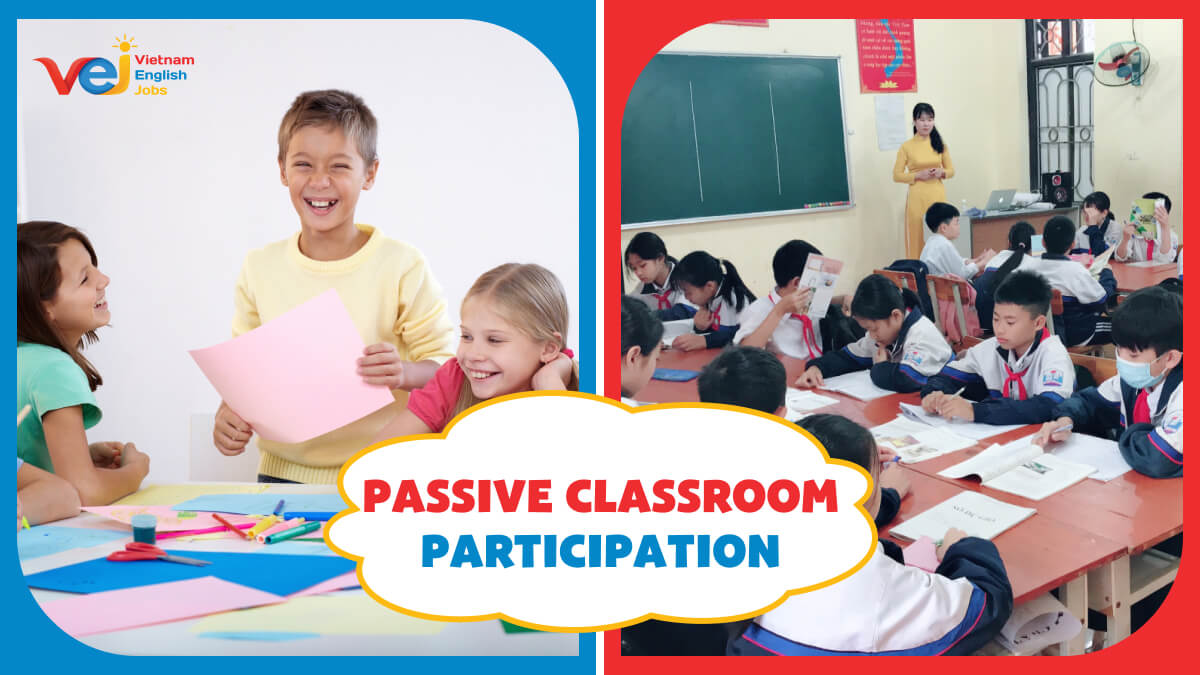How Vietnamese Students Learn English: Key Differences from Western Learners
English is one of the most important subjects in Vietnam, but the way Vietnamese students learn English can look very different from the learning styles of students in Western countries. For foreign teachers, understanding these differences is key to designing effective lessons, managing expectations, and helping students build confidence.
In this article, we’ll explore the unique characteristics of English learning in Vietnam, how they differ from Western learners, and what foreign teachers can do to adapt their teaching methods.
1. Focus on Grammar and Vocabulary Memorization
- Vietnamese students often spend years learning English through grammar rules and vocabulary lists. Rote memorization is a common approach in schools.
- Western learners, in contrast, are usually encouraged to use English in context, focusing on communication and fluency rather than perfect grammar.
Teaching tip: Blend grammar drills with interactive speaking and writing activities. Show students how grammar rules apply in real-life communication.
2. Exam-Oriented Mindset
- In Vietnam, English learning is strongly tied to exams such as school tests, national exams, and international certificates (PET, IELTS, TOEIC). Students and parents often see high scores as the ultimate goal.
- Western learners may also prepare for exams, but the emphasis is more often on practical communication for travel, study, or work.
Teaching tip: Balance exam preparation with communicative practice. Use test-style exercises but connect them to real-world skills.
3. Passive Classroom Participation
- Vietnamese students are respectful toward teachers and often quiet during lessons. Many hesitate to ask questions or speak up, fearing mistakes.
- Western learners are generally encouraged to participate actively, challenge ideas, and express opinions freely.
Teaching tip: Create a safe classroom atmosphere. Use pair work, group discussions, and games to build confidence and reduce fear of speaking.

4. Influence of the Native Language
- Vietnamese is a tonal language with a very different structure from English. Common challenges include:
+ Pronunciation of final consonants (e.g., “cat,” “dog”).
+ Confusion between /l/ and /r/ sounds.
+ Limited exposure to natural English intonation.
- Western learners, depending on their first language, may share some challenges, but often benefit from more exposure to English media from childhood.
Teaching tip: Focus on pronunciation practice early. Use repetition, minimal pairs, and listening exercises to help students distinguish and produce sounds correctly.
5. Teacher-Centered Learning Style
- Traditional Vietnamese classrooms are teacher-centered. Students are used to listening, taking notes, and following instructions rather than engaging in student-led activities.
- Western classrooms often encourage learner autonomy, creativity, and self-expression.
Teaching tip: Gradually introduce student-centered activities. Start small with role-plays or group projects, then expand as students grow more confident.
6. Motivation and Parental Influence
- Many Vietnamese students learn English because of parental expectations, school requirements, or future job opportunities.
- Western learners are more likely to study English for travel, study abroad, or personal interest.
Teaching tip: Connect lessons to students’ real goals (e.g., English for careers, hobbies, or online communication). This increases motivation and engagement
Vietnamese students approach English learning with dedication, discipline, and exam-oriented focus, but often lack confidence in real-life communication. In contrast, Western learners are more accustomed to interactive, communicative methods. For foreign teachers in Vietnam, the key is understanding these differences and finding a balance: respect the local learning culture while introducing interactive activities that build fluency. By doing so, teachers can help Vietnamese students not only achieve exam success but also use English confidently in everyday life.




.jpg)











